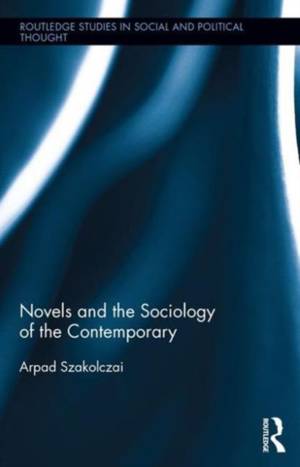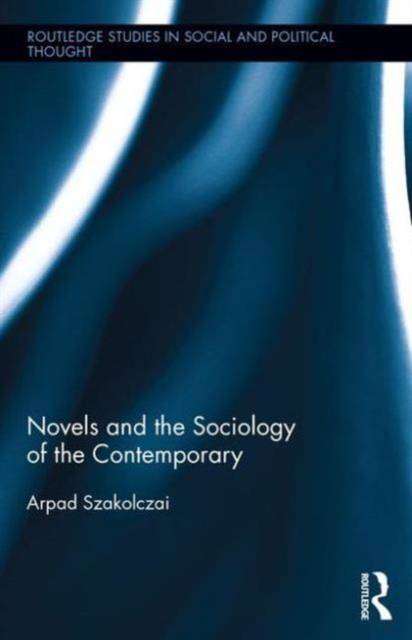
- Retrait gratuit dans votre magasin Club
- 7.000.000 titres dans notre catalogue
- Payer en toute sécurité
- Toujours un magasin près de chez vous
- Retrait gratuit dans votre magasin Club
- 7.000.0000 titres dans notre catalogue
- Payer en toute sécurité
- Toujours un magasin près de chez vous
Description
This book substantiates two claims. First, the modern world was not simply produced by "objective" factors, rooted in geographical discoveries and scientific inventions, to be traced to economic, technological or political factors, but is the outcome of social, cultural and spiritual processes. Among such factors, beyond the Protestant ethic (Max Weber), the rise of the absolutist state and its disciplinary network (Michel Foucault), or court society (Norbert Elias), a prime role is played by theatre. The modern reality is deeply theatricalized. Second, a special access for studying this theatricalized world is offered by novels. The best classical novels not simply can be interpreted as describing a world "like" the theatre, but they capture and present a world that has become thoroughly transformed into a global theatre. The theatre effectively transformed the world, and classical novels effectively analyze this "theatricalized" reality - much better than the main instruments supposedly destined to study reality, philosophy and sociology. Thus, instead of using the technique of sociology to analyze novels, the book will treat novels as a "royal road" to analyze a theatricalized reality, in order to find our way back to a genuine and meaningful life.
Spécifications
Parties prenantes
- Auteur(s) :
- Editeur:
Contenu
- Nombre de pages :
- 374
- Langue:
- Anglais
- Collection :
- Tome:
- n° 110
Caractéristiques
- EAN:
- 9781138655591
- Date de parution :
- 18-05-16
- Format:
- Livre relié
- Format numérique:
- Genaaid
- Dimensions :
- 155 mm x 231 mm
- Poids :
- 680 g

Les avis
Nous publions uniquement les avis qui respectent les conditions requises. Consultez nos conditions pour les avis.






